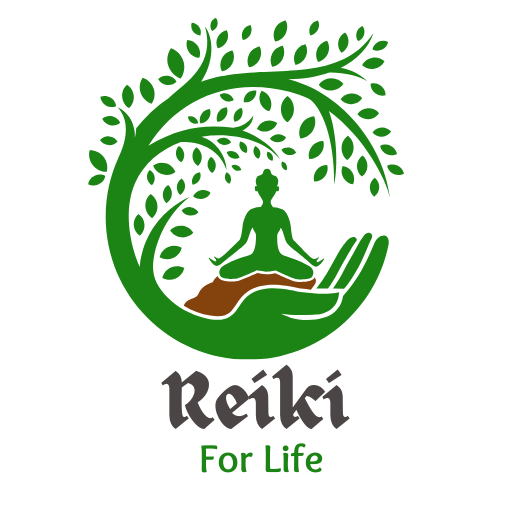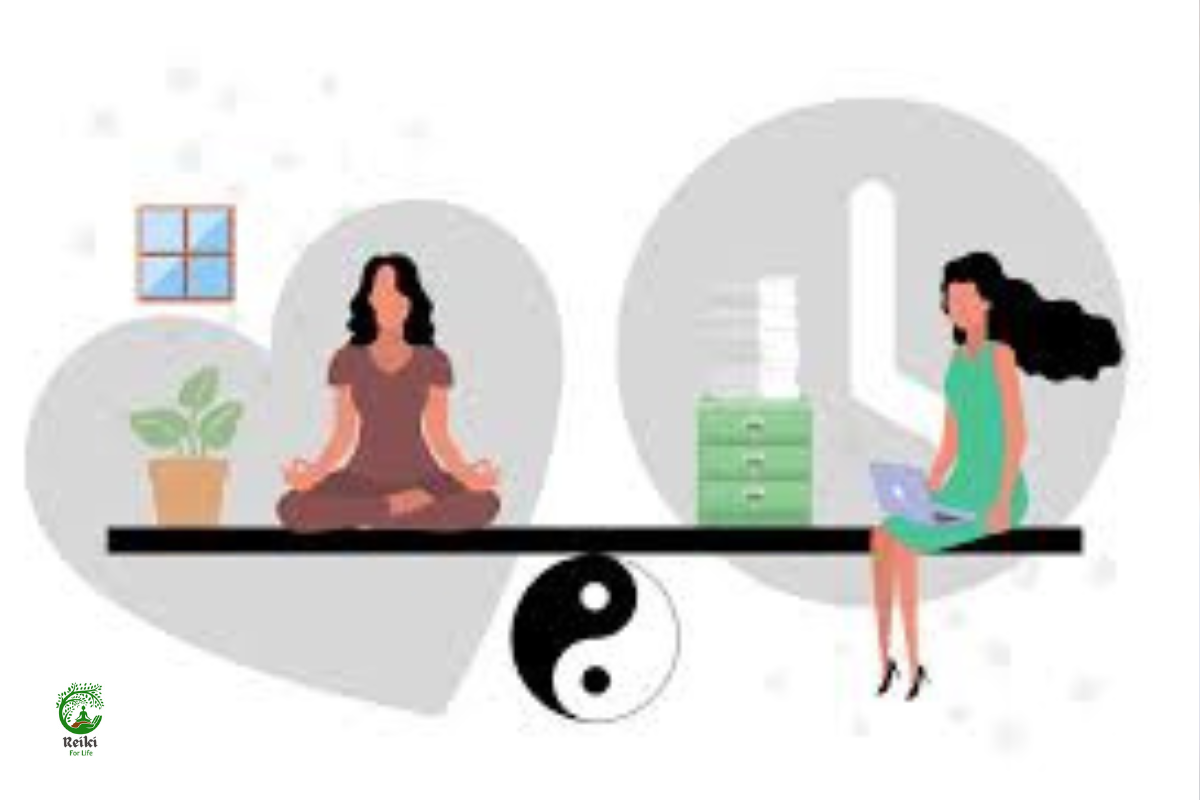In a fast-paced world filled with challenges, achieving emotional wellness for a balanced life is more important than ever. That is the ability to manage your feelings, maintain a positive outlook, and build resilience in the face of life’s ups and downs. It’s about finding a sense of balance that supports both mental and physical well-being.
This comprehensive guide explores how you can cultivate emotional wellness to lead a more balanced, fulfilling life.
Understanding Emotional Wellness
Emotional wellness is more than just feeling happy. It involves the capacity to recognize and manage emotions, form healthy relationships, and cope effectively with stress. Achieving emotional wellness enables you to respond to challenges with a calm and centered mind.
- Key Elements: Emotional awareness, resilience, and adaptability.
- Benefits: Improved relationships, reduced stress, and enhanced overall health.
How Emotional Wellness Impacts Your Life
- Stronger Relationships: Emotional wellness fosters better communication and understanding.
- Enhanced Productivity: A balanced mind is more focused and efficient.
- Physical Health Benefits: Reduced stress lowers the risk of heart disease and strengthens the immune system.
Simple Practices to Cultivate Emotional Wellness
Practice Mindfulness
Mindfulness helps you stay present and fully engaged in the moment.
- How to Start: Dedicate 5-10 minutes daily to mindful breathing or meditation.
- Benefits: Reduced anxiety, improved focus, and greater emotional clarity.
Maintain a Gratitude Journal
Recording things you’re thankful for can shift your perspective toward positivity.
- Tip: List three things daily that brought you joy or comfort.
Build a Support Network
Surrounding yourself with positive, supportive people is crucial for emotional wellness.
- Action Plan: Reach out to friends or join a community group to foster meaningful connections.
Emotional Wellness Strategies for Stress Management
Identify Stress Triggers
Recognizing what causes stress helps you address issues more effectively.
- Example: Is it work deadlines or relationship conflicts? Pinpoint the source.
Practice Relaxation Techniques
Techniques like deep breathing, yoga, and progressive muscle relaxation can reduce tension.
- Try This: Breathe in for 4 counts, hold for 4 counts, and exhale for 6 counts.
Set Boundaries
Learning to say no and establishing limits is vital for emotional balance.
- Pro Tip: Politely decline tasks that overextend you without guilt.
The Role of Self-Care in Emotional Wellness
Self-care isn’t selfish; it’s necessary for emotional and mental health.
- Physical Care: Exercise regularly, eat nourishing meals, and get enough sleep.
- Mental Care: Take breaks, engage in hobbies, and seek professional help if needed.
Daily Self-Care Routine for Emotional Wellness
| Time | Activity | Benefit |
|---|---|---|
| Morning | 10 minutes of meditation | Improves focus and reduces stress |
| Afternoon | Walk or stretch break | Boosts mood and energy levels |
| Evening | Journaling or reading | Enhances emotional clarity |
Emotional Wellness and Relationships
Healthy relationships are essential for emotional balance. They provide support, reduce loneliness, and foster joy.
- Communicate Openly: Express your feelings honestly and listen without judgment.
- Resolve Conflicts: Approach disagreements calmly and seek solutions collaboratively.
How Technology Affects Emotional Wellness
While technology connects us, overuse can harm them.
- Social Media Impact: Limit exposure to negative or unrealistic content.
- Screen Time Management: Take regular breaks from devices to reconnect with yourself and others.
Emotional Wellness in the Workplace
A balanced emotional state enhances productivity and workplace satisfaction.
- Tip: Practice stress-relief techniques like deep breathing during breaks.
- Action: Advocate for mental health resources in your organization.
FAQs
What is emotional wellness?
Emotional wellness is the ability to manage emotions, cope with stress, and maintain positive relationships for a balanced life.
How can mindfulness improve emotional wellness?
Mindfulness fosters self-awareness and reduces stress, helping you respond calmly to life’s challenges.
What role does self-care play in emotional wellness?
Self-care replenishes your emotional energy, enhances resilience, and promotes overall well-being.
Can emotional wellness affect physical health?
Yes, emotional wellness reduces stress, boosts immunity, and lowers the risk of chronic illnesses.
How do I build emotional resilience?
Focus on self-awareness, positive thinking, and developing healthy coping mechanisms like journaling or meditation.
What are some quick ways to relieve stress?
Practice deep breathing, take a short walk, or engage in a favorite activity to calm your mind quickly.











